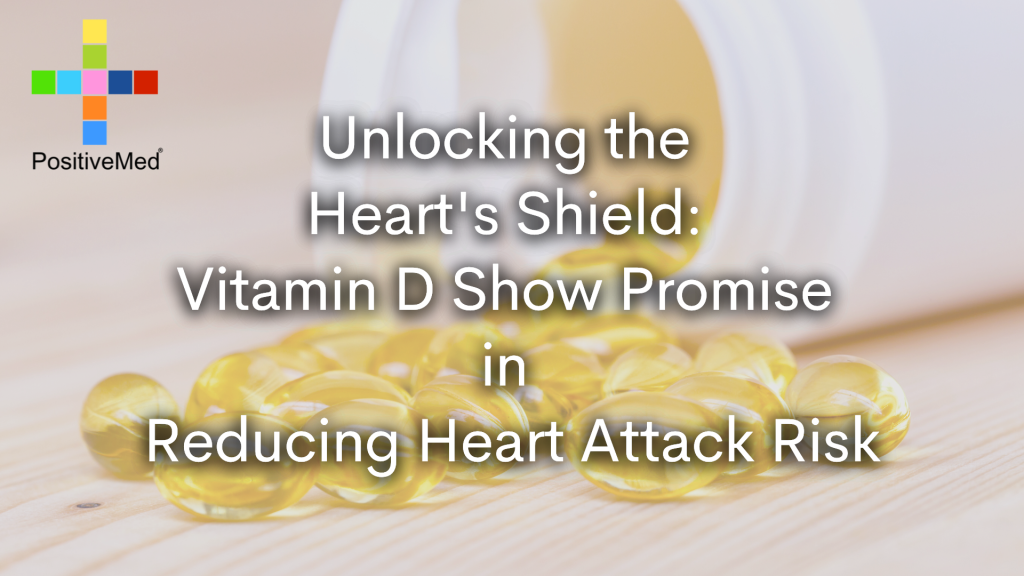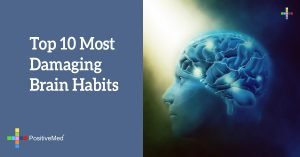
In a remarkable study featured in The BMJ, researchers have unveiled a potential breakthrough—high-dose vitamin D supplements taken once a month could potentially lower the likelihood of heart attacks and major cardiac events among individuals aged 60 and above. Although the observed risk reduction may be modest, the findings suggest that vitamin D supplementation might offer a protective effect on heart health by decreasing the incidence of heart attacks and the need for coronary revascularization procedures.
Previous investigations into the cardiovascular benefits of vitamin D have yielded mixed results, with some trials indicating no significant preventive impact on heart-related issues. However, this latest study challenges those conclusions and emphasizes the importance of further evaluating the role of vitamin D supplementation in both preventing and treating cardiovascular disease.
The extensive analysis involved more than 21,000 participants aged 60 to 84 who were divided into two groups. One group received a monthly capsule containing a high dose of 60,000 IU (international units) of vitamin D, while the other group received a placebo. Over the course of the five-year study, the vitamin D group exhibited a 9% lower rate of major cardiovascular events compared to the placebo group, including a 19% lower rate of heart attacks and an 11% lower rate of coronary revascularization.
While the observed effect size may be relatively modest, the affordability and safety of vitamin D supplementation suggest its potential significance when considering public health implications. Additionally, subgroup analysis revealed a potentially stronger effect in individuals who were already using cardiovascular drugs, such as statins.
It is worth noting that the dosage utilized in this study exceeded the recommended daily amount, and administering the supplement monthly improved adherence. Nonetheless, the study raises questions regarding the benefits and risks associated with exceeding recommended vitamin D intake, highlighting the necessity of a personalized approach based on individual medical conditions and target populations.
Considering the prevalence of vitamin D deficiency, with approximately 1 in 4 U.S. adults failing to meet recommended levels, it is crucial to recognize the signs and seek medical advice. While natural sources and sunlight contribute to vitamin D levels, supplements may be necessary to address deficiencies. Fatigue, bone pain, depression, and increased susceptibility to illnesses are among the potential indicators of vitamin D deficiency.
While further research is required to establish definitive conclusions, this study opens new avenues for exploring the potential benefits of vitamin D supplementation in reducing heart attack risk and promoting heart health.





